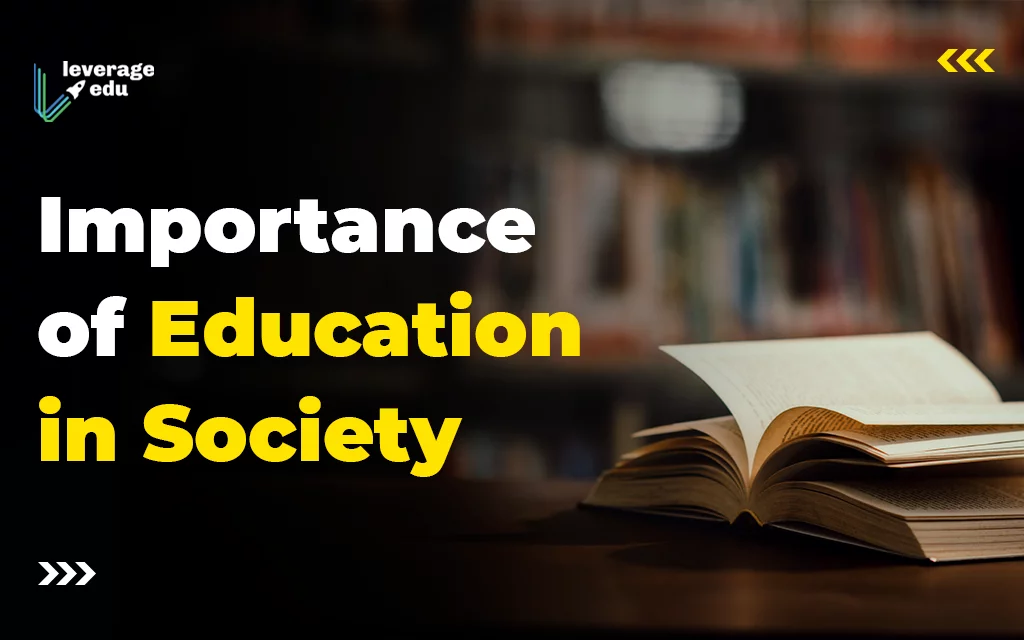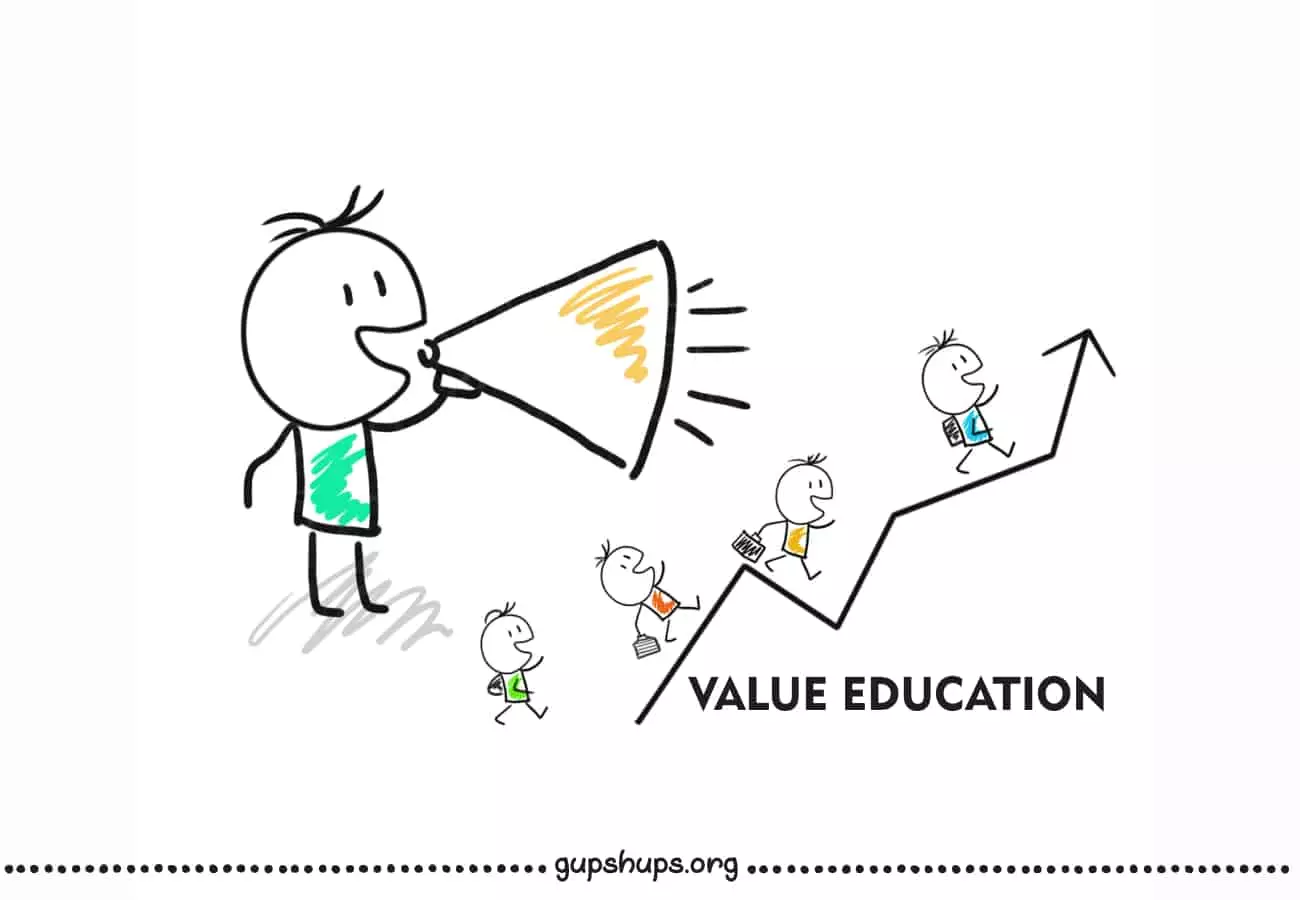Discuss the Community Participation in Educational Development.
Communities can play a variety of roles in the provision and management and development of education and learning processes. Community participation can contribute to promoting education (UNICEF 1992). Community participation is a concept that attempts to bring different stakeholders together for problem solving and decision-making. Community participation is considered necessary to get community support for educational planning and development (Cole 2007).
Community plays an important part in the education system. Students, teachers, and parents agree that community support is vital to the success of schools and individual students. Many students were encouraged by individual community members, but at the same time felt let down by their elected community leaders.
Furthermore communities can help by supporting their children not just each parent’s individual child, but the children of every parent in the whole community. It’s too often that communities are divided amongst themselves, thus setting the children against each other by the examples of their parents.
But if the community truly comes together and helps each other then the students benefit by knowing that they have the love and support of everyone around them. And that makes us feel like the weight of the world isn’t on just us anymore, but shared by all who care.
Utilizing Existing Resources:
The focus has mainly shifted to finding efficient and effective ways to utilize existed resources. Parents and communities can work together in right direction to improve the educational delivery. The resources is utilizing properly to improve the educational delivery.
Development Relevant Curriculum:
Teachers know themselves how these curricula should be made, how these worksheets should be made and taught, it’s all up to the teachers. In a practical understanding, though, there is no concrete way to say what methodology is right to use. But it is also true that the way in which a certain topic is taught habitually resolves what is actually taught. This is why it is required to make a distinction between the official or planned curriculum and the de facto curriculum.
Identifying and Addressing Problems:
Communities are very helpful in identifying and address factors contribute to educational problems, like low participation, access and poor academic performance.
Promoting Girls’ Education:
The proportion of girls in the total enrollment has also been growing. Girls enrollment at the primary stage increased from 23.1% in 1950-51 to 46.7% in 2004-05. At the upper primary stage, girls enrollment rose from 16.1% in 1950-51 to 44.4% in 2004-05. The overall improvement in girls enrollment with respect to total population of girls clearly shows that there is a near universal enrollment, at primary level. The gap and challenge exists now at upper primary stage, but there too the gap is narrowing steadily.
Creating and Nourishing Community School Partnerships:
Community Schools initiative that has proven successful in some of the most challenging neighborhoods it is one of many partnerships involving schools, families, and community agencies and organizations that are multiplying across the country.
Increasing Accountability:
Instances of students with anger problems have increased in recent years, which affect the equity of educational achievement and social-behavioral adjustment for these students. In the sense parental involvement is so essential. They can help their child or they can also see as a means of making schools more accountable to the society.
According to Sullivan (2000), disruptive behaviors such as violence and bullying lead to students failing to perform to their full academic potential. Academic hardships affect not only students, but also the scholastic environment of the school. With valuable time allocated for behavioural problems instead of scholastic issues, students and staff within the school environment suffer academically and professionally.
Ensuring Sustainability:
Glatfelter views sustainability as both a way of life and a model for success. We believe in conducting business using practices that protect and enhance the resources needed by future generations to enjoy a life equal to or greater than our own. As a member of our team, you can help support and strengthen Glatfelter’s long-standing commitment to environmentally, socially and economically responsible business practices.
Improving Home Environment:
The parents role mirrors the community’s, at both the school wide acid the classroom level. Parents are expected to take part in discussions about school policy, child development concerns, and curriculum planning and evaluation. Because a majority of parents including mothers are employed, so they have very less.time to look after the cognitive development of their child.





